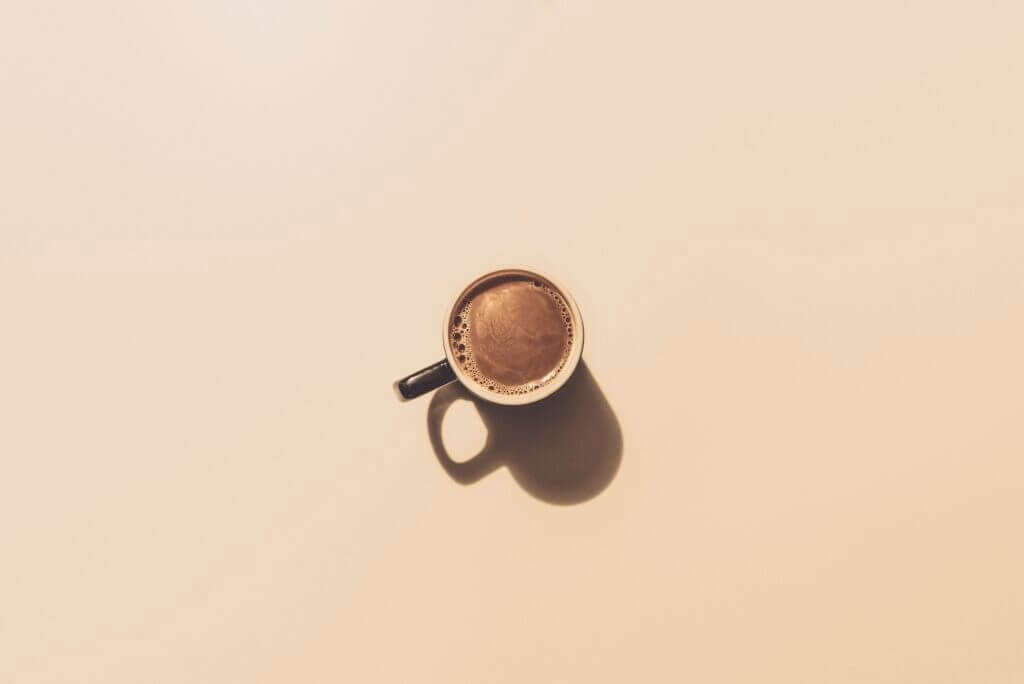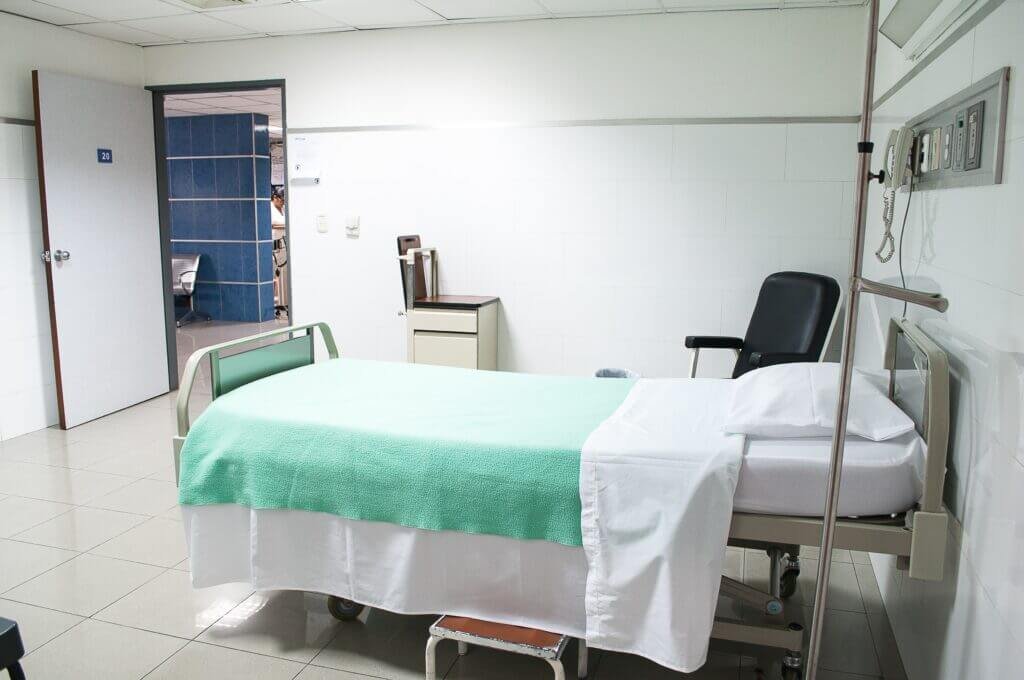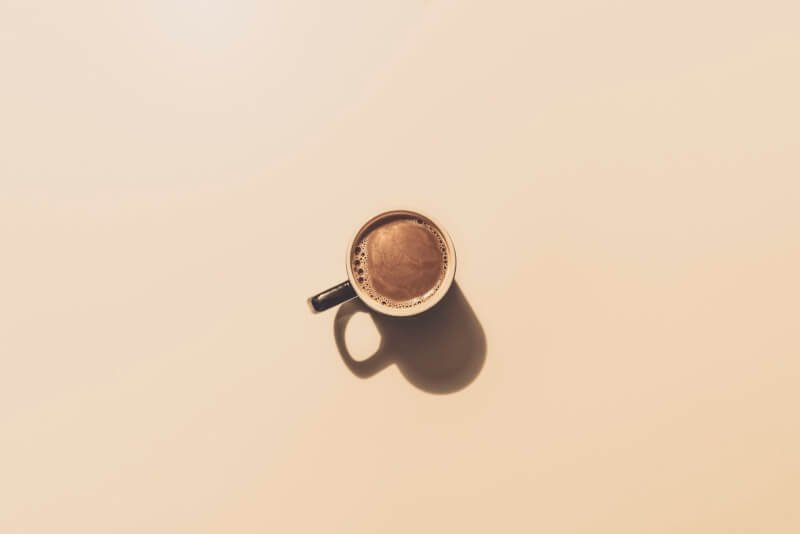So, you’ve heard all the buzz about coffee and how it can be a magical elixir that boosts your energy and wakes up your brain. But have you ever stopped to wonder if it’s actually okay to not drink coffee? Well, in this article, we’re going to explore that very question. Is it good if you don’t drink coffee? Stick around as we take a closer look at the potential benefits and drawbacks of skipping your daily cup of joe. Grab a seat and get ready to find out if you’re missing out or making the right choice by saying no to coffee.

1. Health Effects of Coffee
1.1 Physical Health
Coffee can have both positive and negative effects on your physical health. It is important to consider these factors when deciding whether to include coffee in your daily routine.
1.1.1 Heart Health
Research suggests that moderate coffee consumption may actually have a positive effect on heart health. Studies have shown that coffee drinkers have a lower risk of developing heart disease and stroke compared to non-coffee drinkers. However, excessive coffee consumption, particularly when combined with other risk factors such as smoking, may have a negative impact on heart health.
1.1.2 Digestive Health
Coffee can stimulate the production of stomach acid, which may lead to digestive issues such as acid reflux and gastritis in some individuals. If you have a sensitive stomach or suffer from gastrointestinal conditions, it is important to monitor your coffee intake and consider switching to low-acid coffee or alternative beverages.
1.1.3 Sleep Quality
Consuming coffee, especially in the afternoon or evening, can interfere with your sleep quality. The stimulating effects of caffeine can make it difficult to fall asleep and may cause restlessness during the night. If you experience sleep problems, it is advisable to limit your coffee consumption to earlier in the day or consider switching to decaffeinated coffee or herbal teas.
1.2 Mental Health
The impact of coffee on mental health is a topic of ongoing research. While some studies suggest that caffeine can exacerbate anxiety and stress symptoms, others suggest that moderate coffee consumption may actually have a positive effect on cognitive function and mood.
1.2.1 Anxiety and Stress
For individuals prone to anxiety and stress, caffeine can sometimes heighten these symptoms. It is important to be mindful of how your body reacts to coffee and consider reducing or eliminating caffeine if it worsens your anxiety or stress levels.
1.2.2 Cognitive Function
Coffee contains caffeine, a stimulant that can enhance cognitive function and improve alertness. Moderate coffee consumption has been associated with improved focus, attention, and memory. However, excessive caffeine intake can lead to jitteriness and impaired concentration. It is crucial to find the right balance that works for you.
1.2.3 Mood Disorders
Research suggests that coffee consumption may have a positive impact on mood and may reduce the risk of developing mood disorders such as depression. However, it is important to note that individual responses to coffee can vary, and excessive consumption may increase the risk of irritability and mood swings.
2. Impact on Energy Levels
2.1 Natural Energy
Coffee is commonly known for its ability to provide a quick energy boost. The caffeine content in coffee stimulates the central nervous system, increasing alertness and reducing fatigue. For many people, a cup of coffee in the morning can help jumpstart their day and enhance productivity.
2.2 Dependency on Caffeine
One potential downside of relying on coffee for energy is the risk of developing caffeine dependency. Regular coffee consumption can lead to tolerance, meaning that you may require increasing amounts of caffeine to achieve the same level of alertness. This can result in a cycle of dependency where you rely on coffee just to feel normal.
2.3 Balancing Energy Levels
While coffee can provide an initial energy boost, it is important to remember that it is not a sustainable solution for long-term energy management. To maintain balanced energy levels throughout the day, it is essential to prioritize healthy lifestyle habits such as regular exercise, adequate sleep, and a nutritious diet.

3. Effects on Sleep
3.1 Sleep Quality
Consuming coffee, especially in the evening, can interfere with your sleep quality. Caffeine is a stimulant that can disrupt the natural sleep-wake cycle and make it difficult to fall asleep. To ensure a restful night’s sleep, it is recommended to limit caffeine intake, especially in the hours leading up to bedtime.
3.2 Circadian Rhythm
Coffee consumption can affect your body’s internal clock, known as the circadian rhythm. This can result in misalignment between your natural sleep-wake cycle and your desired sleep schedule. If you find yourself struggling with sleep patterns, it may be helpful to reduce or eliminate coffee intake, particularly in the afternoon and evening hours.
3.3 Insomnia
Individuals who are prone to insomnia or have difficulty falling asleep may benefit from cutting back on caffeinated beverages like coffee. Insomnia can be exacerbated by the stimulating effects of caffeine, making it harder to achieve restorative sleep. Experimenting with alternative beverages or decaffeinated coffee may improve sleep quality for those with insomnia.
4. Digestive System
4.1 Acid Reflux
Coffee can stimulate the production of stomach acid, which can lead to acid reflux in susceptible individuals. If you experience symptoms such as heartburn or indigestion after drinking coffee, it may be worth exploring low-acid coffee options or switching to alternative beverages that are less likely to trigger acid reflux.
4.2 Gastritis
Gastritis, inflammation of the stomach lining, can be aggravated by the consumption of coffee, particularly in excessive amounts. If you have gastritis or a history of stomach ulcers, it is advisable to limit your coffee intake or consult with a healthcare professional for personalized advice.
4.3 Gut Health
The impact of coffee on gut health is a subject of ongoing research. Some studies suggest that coffee may have a negative effect on the gut microbiome, while others indicate potential benefits in terms of increased diversity and improved digestion. As with any dietary choice, it is important to listen to your body and adjust your coffee consumption based on your individual gut health.

5. Dental Health
5.1 Tooth Staining
Coffee is known for its ability to stain teeth over time due to its high tannin content and dark pigments. To minimize the impact on tooth staining, it is recommended to practice good oral hygiene habits such as regular brushing, flossing, and professional teeth cleanings. Additionally, reducing the frequency of coffee consumption or using a straw to drink coffee can help limit direct contact with the teeth.
5.2 Gum Health
Excessive coffee consumption has been associated with an increased risk of gum disease. The acidic nature of coffee can contribute to gum inflammation and tooth decay. Maintaining a proper oral care routine, including regular dental check-ups, can help mitigate these risks.
5.3 Bad Breath
Coffee can contribute to bad breath due to its strong aroma and its potential to dry out the mouth. Staying hydrated and practicing good oral hygiene, such as brushing your teeth and using mouthwash, can help alleviate coffee-induced bad breath.
6. Dependency and Addiction
6.1 Caffeine Dependency
Regular coffee consumption can lead to caffeine dependency, where your body becomes reliant on caffeine to function optimally. If you find yourself experiencing withdrawal symptoms such as headaches, irritability, and fatigue when attempting to cut back on coffee, it may be an indication of caffeine dependency. Gradually reducing caffeine intake or considering alternative beverages can help break this dependency cycle.
6.2 Withdrawal Symptoms
Withdrawal symptoms can occur when you cut back on caffeine intake after prolonged and excessive consumption. These symptoms may include headaches, fatigue, irritability, and difficulty concentrating. It’s important to be aware of these potential withdrawal effects and ease caffeine reduction gradually to minimize discomfort.
6.3 Addiction
While coffee itself is not considered an addictive substance, the caffeine it contains can lead to addiction in some individuals. Addiction is characterized by a compulsive need for a substance and difficulty in discontinuing its use. If you feel that you have developed an addiction to caffeine or are struggling to cut back on coffee, seeking support from healthcare professionals or addiction support groups may be beneficial.

7. Dehydration
7.1 Diuretic Effect
Coffee is often mistakenly believed to be a strong diuretic that dehydrates the body. While coffee does have a mild diuretic effect, the amount of water lost through increased urination is generally offset by the amount of water present in a standard cup of coffee. Therefore, moderate coffee consumption is unlikely to cause significant dehydration.
7.2 Hydration Levels
While coffee may not lead to dehydration in moderate amounts, it is still important to maintain proper hydration levels by drinking an adequate amount of water throughout the day. Balancing coffee intake with water consumption can ensure that you stay properly hydrated.
8. Financial Impact
8.1 Cost of Coffee
Regularly purchasing coffee from cafes or coffee shops can have a significant financial impact over time. Buying coffee daily can add up, and it may be more cost-effective to prepare coffee at home. Calculating your coffee expenses and considering alternative ways to enjoy coffee, such as investing in a home coffee maker, can help you manage your budget more effectively.
8.2 Alternatives
Exploring alternative beverages can provide cost-saving options while still allowing you to enjoy a warm drink. Herbal teas, hot chocolate, or even flavored water can be satisfying alternatives to coffee. Experimenting with different options may reveal new favorites and save you money in the long run.

9. Social and Cultural Implications
9.1 Social Pressures
Coffee drinking is often deeply ingrained in social settings and cultural norms. Whether it’s meeting friends for a coffee date or participating in workplace coffee breaks, abstaining from coffee can sometimes lead to social pressures or feelings of exclusion. It’s important to communicate your preferences and find alternative ways to connect with others that align with your personal choices.
9.2 Coffee Culture
Coffee culture varies across different regions and communities, with coffee often being associated with certain lifestyles or identities. Recognizing and respecting the cultural significance of coffee can help foster understanding and appreciation for different perspectives, even if you personally choose not to drink coffee.
9.3 Alternative Beverages
Choosing not to drink coffee opens up opportunities to explore the wide range of alternative beverages available. From herbal teas to matcha lattes, there are numerous options to suit different taste preferences and dietary needs. Embracing this diversity can enhance your beverage choices and introduce you to new flavors and experiences.
10. Personal Preferences and Tolerances
10.1 Taste Preferences
Personal taste preferences play a significant role in whether or not coffee is a good choice for you. Some individuals simply do not enjoy the taste of coffee, and forcing yourself to consume something you don’t enjoy may not be beneficial. It’s essential to listen to your own palate and choose beverages that you genuinely enjoy.
10.2 Sensitivity to Caffeine
Individuals can vary greatly in their sensitivity to caffeine. Some people may experience jitters, anxiety, or sleep disturbances even with moderate coffee consumption, while others may have a higher tolerance and experience minimal side effects. Understanding your own caffeine sensitivity is important in determining how much coffee, if any, is suitable for you.
10.3 Dietary Restrictions
For individuals with specific dietary restrictions, such as those following a caffeine-free or low-acid diet, coffee may not be a suitable choice. It’s important to consider your unique dietary needs and explore alternative beverages that align with your restrictions or preferences.
In conclusion, whether or not it is good for you to drink coffee depends on various factors, including your individual health, preferences, and tolerances. Coffee can have both positive and negative effects on physical and mental health, energy levels, sleep, digestive system, dental health, dependency, dehydration, finances, and social and cultural implications. It’s important to consider these factors and make an informed decision based on what works best for you. Listening to your body, experimenting with alternatives, and seeking professional advice when needed can help you navigate the complexities of coffee consumption and find the right balance for your overall well-being.


